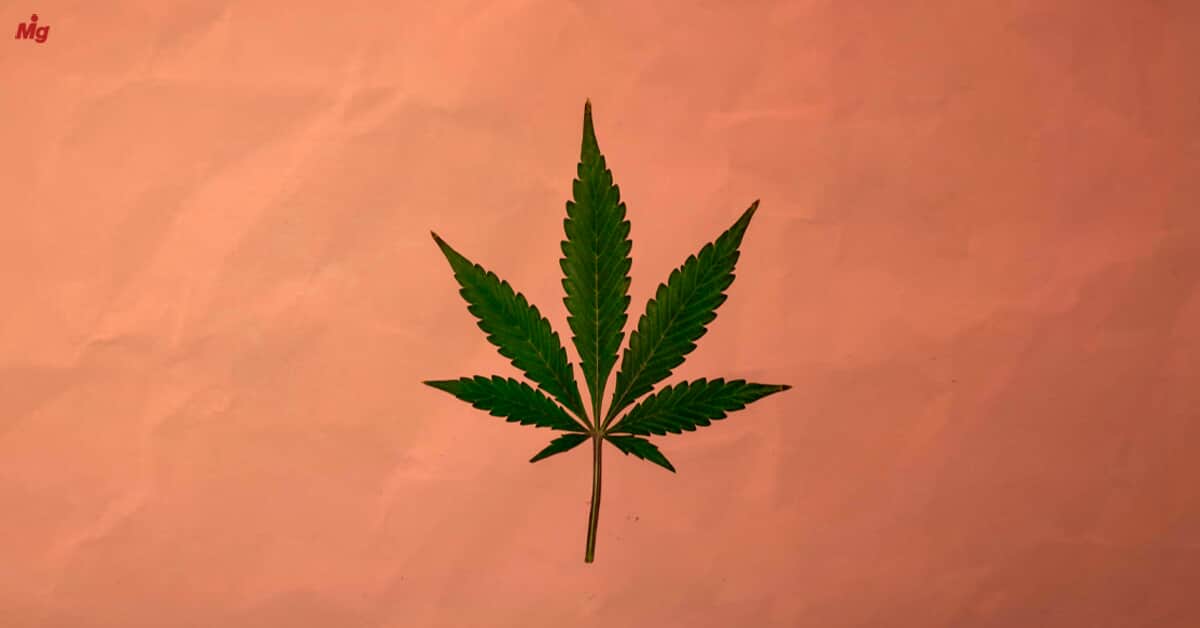Brazil in the race to join top cannabis markets?
Brazil is slowly changing its own position towards cannabis-based products in the region, with the background of growing investment in the medicinal benefits of marijuana and having recently provided new rules allowing for the regulated use of medical marijuana products.
sexta-feira, 19 de novembro de 2021
Atualizado às 08:44

Recent events in Brazil may be seen as further steps in a slowly changing position in the cannabis market across the region. Such change takes place with the background of growing investment in the medicinal benefits of Marijuana.
Taken from the leaves and flowers of Cannabis Sativa, Marijuana is still classified as an illegal drug in many parts of the world. However, there are numerous other commercial uses from the plant. Common examples include its usage in manufacturing or in the production of fuel.
Based on extensive research regarding the pharmaceutical properties of both THC and Cannabidiol (CBD) many countries have already legalized the use of Marijuana based on its apparent therapeutic properties.
This article gives a general overview of some of the legal issues related to the Brazilian Cannabis market and provides some recent updates.
Cannabis in Brazil
For a long time, Brazil has maintained a strict approach against the use of cannabis. The law did not significantly differentiate between drug users and drug traffickers. In 2006, the country adopted a new drug law seeking to distinguish between these categories.
Despite gradual easing of the national laws, Marijuana is still classified as an illegal drug in Brazil today (i.e., it is forbidden to engage in its production, acquisition, sale, transport, consumption etc.).
However, there has been significant reform in recent years, specifically relating to cultivation for medicinal purposes.
After increased litigation and social pressure on the issue, CBD (a component of cannabis) was reclassified as a controlled substance by ANVISA in 2015. This meant that it could be used for medicinal use and treatment, subject to a specific prescription regime. In January 2020, the import process for CBD was also simplified and streamlined by the agency.
Still in 2020, ANVISA created a new regime to allow the commercialization of other products within the Brazilian medical cannabis market. The authority thereby authorized the manufacture, sale and import of cannabis-based medicines, and made the import process of such material easier.
Self-cultivation, on the other hand, has been continuously denied, leading to increased litigation on the subject in the Brazilian courts.
Pending Legislation
At the beginning of 2021, there were numerous bills pending before the Brazilian Congress, dealing with issues related to cannabis (27 bills at federal, state, and municipal levels).
Some of these bills seek to make provision for medical cannabis and industrial hemp products and regulate the production, control, inspection, prescription, dispensing and import of cannabis-based drugs. Others seek the decriminalization of the cultivation of cannabis sativa for personal therapeutic use or the use of cannabis products in Brazilian veterinary medicine.
Medicinal Cannabis
Perhaps most significant to the Brazil medical cannabis market to date, the Brazilian Chamber of Deputies recently approved the text of PL 399/2015. This bill allows for the cultivation of cannabis throughout the national territory by companies, exclusively for medicinal, veterinary, scientific, and industrial purposes, as authorized by the government. It also deals with the regulation of hemp oil, extracts, and the different uses of hemp, for example in cosmetics, food, and beverages.
There were 17 votes in favour and 17 against, and the tie was broken by the Rapporteur, Deputy Luciano Ducci (PSB-PR). The text was processed conclusively by the Commission, which means that it would normally be sent directly to the Senate. However, deputies against the bill presented an appeal so the proposal will now be discussed in the plenary section of the Chamber instead of being sent for consideration by the Senate.
While the advancement of the bill could be significant, it should also be borne in mind that it does not authorize cultivation for personal use. So, even if the legislation is approved, those wishing to obtain authorization for residential planting would still need to seek a judicial remedy.
Cannabis Market Brazil
The medical cannabis market is estimated to reach $62.7 billion worldwide and $6.6 billion in Latin America by 2024, according to the document "The Global Cannabis Report" produced by Prohibition Partners. In the Brazil medical cannabis market, because of recent legislative changes, applications to import cannabidiol grew by 1.766% in six years. Moreover, in 2020, ANVISA registered more than 15,800 applications.
Today, only three companies are authorized in the country to cultivate, harvest and handle cannabis for medicinal use. They are the Brazilian Cannabis Support Association Esperança (Abrace), the Cannabis and Health Association (Cultive) and the Support for Medical Cannabis Research and Patients (Apepi).
According to a recent data study by The Green Hub, the legalization of cannabis for medicinal purposes in Brazil would yield R$ 959,000 in the legal sale of cannabidiol-based medicines within the first 36 months. If it could also be used to treat chronic pain, this number could reach around 3.4 million patients a year, moving the equivalent to R$ 4.7 billion in the Brazil's economy.
Hence, if the legislative regime suggested above in PL 399/2015 were approved, it is believed that cannabis could be transformed into a highly profitable industry. The biggest winners in this scenario would be the pharmaceutical and agricultural sectors, also bringing further benefits for patients, the government, and the economy.
Nonetheless, even leaving these regulatory aspects aside, there are still other challenges for the cannabis market in Brazil. These include, for example, in research and the development and in obtaining the appropriate technology required to produce national plant varieties.
Intellectual Property Considerations
Brazil is evolving in relation to the advancement of medicine in the cannabis area. Today we are already witnessing strong investment by foreign and national companies in the Brazilian cannabis products market. Therefore, it is necessary to consider the protection of IP assets, from brands covering products and services related to cannabis, to patents and technology transfer agreements.
For example, trademark applications containing references to cannabis and its derived substances are being routinely rejected by the Brazilian PTO based on standards for the "commercialization of products" under the Brazilian Industrial Property law and because they are contrary to morals and standards of respectability, a dated provision which is still in force in Brazil. On the other hand, the Brazilian PTO has already issued into registration some marks connected to cannabis, such as when the applicant does not explicitly refer to the word "cannabis" in their application, using a more generic description instead.
Similarly, not that long ago some patent applications connected to cannabis were shelved before a substantive examination of patentability requirements could take place in the Brazilian PTO due to ANVISA. This is because patent applications must be submitted to ANVISA for prior consent based on a public health analysis before the Brazilian PTO concludes their examination.
This position has been slowly changing since 2015, when ANVISA started approving the import of cannabis-based products (subject to a medical subscription regime).
Just this year, ANVISA allowed for the creation of a new category of products derived from cannabis, allowing companies interested in manufacturing and marketing these products to apply for authorizations.
Final Remarks
Other countries such as the United States, Canada, Portugal, Switzerland, Argentina, and Uruguay, have already taken big steps to regulate the cannabis market in line with global market trends.
At this point, Brazil is slowly changing its own position towards cannabis-based products in the region, with the background of growing investment in the medicinal benefits of marijuana and having recently provided new rules allowing for the regulated use of medical marijuana products.
However, at the same time, there has also been significant political pushback against any reform proposals that would allow for the domestic plantation for such products. While there is still a complex debate around the subject, in terms of IP protection, some applicants have been able to push through to secure protection.
Robert Daniel-Shores
Sócio no escritório Daniel Advogados.




